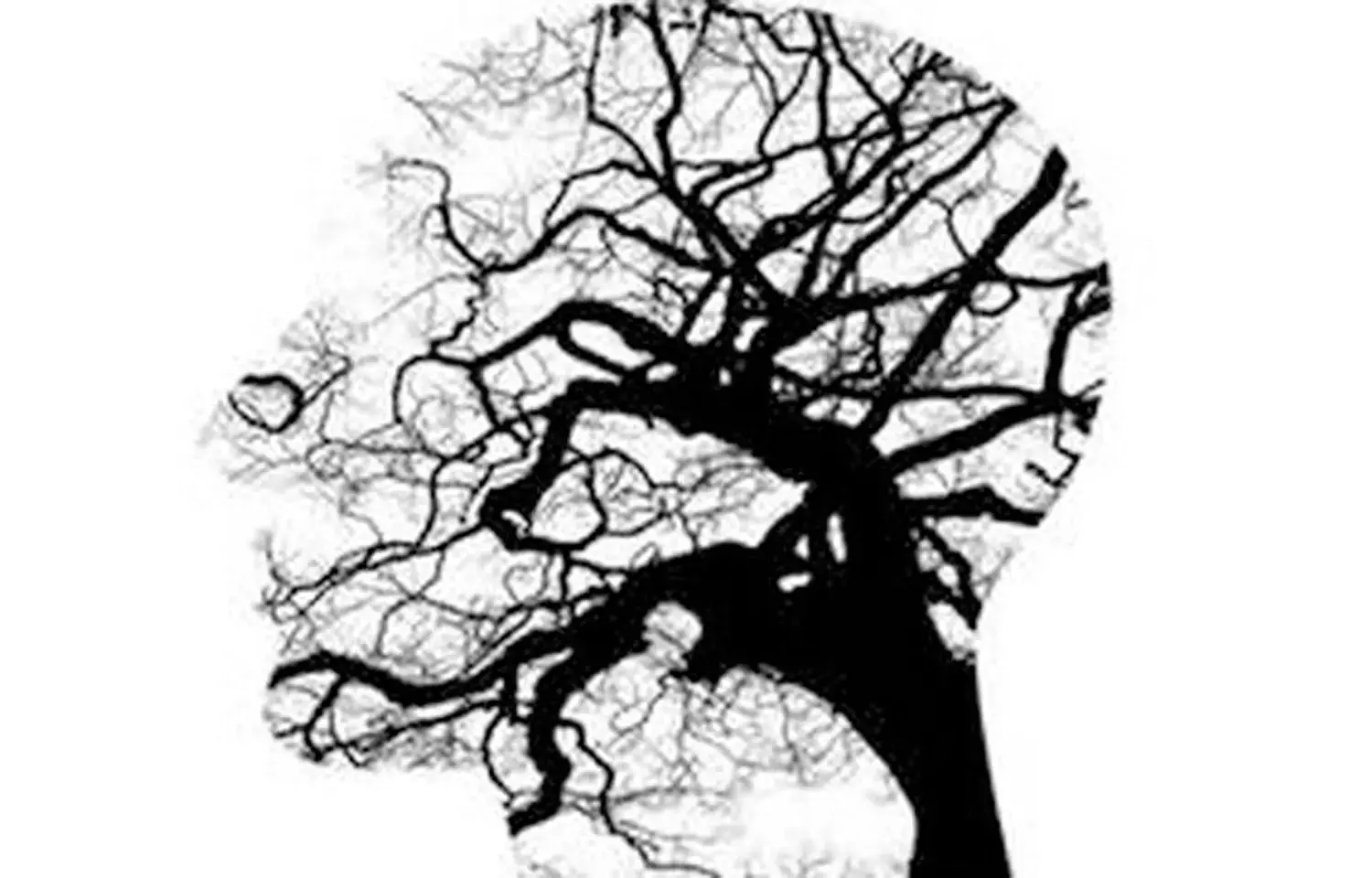- Home
- Medical news & Guidelines
- Anesthesiology
- Cardiology and CTVS
- Critical Care
- Dentistry
- Dermatology
- Diabetes and Endocrinology
- ENT
- Gastroenterology
- Medicine
- Nephrology
- Neurology
- Obstretics-Gynaecology
- Oncology
- Ophthalmology
- Orthopaedics
- Pediatrics-Neonatology
- Psychiatry
- Pulmonology
- Radiology
- Surgery
- Urology
- Laboratory Medicine
- Diet
- Nursing
- Paramedical
- Physiotherapy
- Health news
- Fact Check
- Bone Health Fact Check
- Brain Health Fact Check
- Cancer Related Fact Check
- Child Care Fact Check
- Dental and oral health fact check
- Diabetes and metabolic health fact check
- Diet and Nutrition Fact Check
- Eye and ENT Care Fact Check
- Fitness fact check
- Gut health fact check
- Heart health fact check
- Kidney health fact check
- Medical education fact check
- Men's health fact check
- Respiratory fact check
- Skin and hair care fact check
- Vaccine and Immunization fact check
- Women's health fact check
- AYUSH
- State News
- Andaman and Nicobar Islands
- Andhra Pradesh
- Arunachal Pradesh
- Assam
- Bihar
- Chandigarh
- Chattisgarh
- Dadra and Nagar Haveli
- Daman and Diu
- Delhi
- Goa
- Gujarat
- Haryana
- Himachal Pradesh
- Jammu & Kashmir
- Jharkhand
- Karnataka
- Kerala
- Ladakh
- Lakshadweep
- Madhya Pradesh
- Maharashtra
- Manipur
- Meghalaya
- Mizoram
- Nagaland
- Odisha
- Puducherry
- Punjab
- Rajasthan
- Sikkim
- Tamil Nadu
- Telangana
- Tripura
- Uttar Pradesh
- Uttrakhand
- West Bengal
- Medical Education
- Industry
New test may accurately predict depression and bipolar disorder

University of South Australia scientists have developed the world's first test to accurately predict mood disorders in people, based on the levels of a specific protein found in the brain.
Links between low levels of mature brain-derived neurotrophic factor (mBDNF) and depression are well known but, until now, it hasn't been possible to distinguish between the three forms of the BDNF protein in blood samples.
The mature form promotes the growth of neurons and protects the brain, but the other two BDNF forms - its precursor and the prodomain of BDNF - bind to different receptors, causing nerve degeneration and inflammation.
An assay kit developed by researchers from UniSA can now precisely distinguish between these proteins, unlike other commercial kits in the market.
The finding, in collaboration with the University of Adelaide and Kunming Medical University in China, has been published in a new paper in the Journal of Psychiatric Research led by UniSA PhD student Liying Lin.
UniSA Professor Xin-Fu Zhou, one of the researchers, says there is strong evidence to suggest that psychological stress decreases mBDNF and a lack of mBDNF causes depression.
In a study of 215 people in China, including 90 patients with clinical depression and 15 with bipolar disorder, researchers found clear links with low levels of mBDNF in their blood. The more severe the depression, the lower the mBDNF level.
Mature BDNF levels in patients not on antidepressants was also lower than patients treated with antidepressants.
Surprisingly, there was no difference in mBDNF levels between 14 people with a history of suicide attempts and the control group of 96 people.
No significant gender differences were found.
"As mature BDNF and proBDNF have different biological activities, working in opposition to each other, it is essential that we can distinguish between these two proteins and detect changes in their levels," Prof Zhou says.
"The existing commercial BDNF ELISA (enzyme-linked immunosorbent assay) kits are not specific and can cross react with each other. The kit we have developed has an accuracy rate of 80-83 per cent."
The researchers say serum mBDNF levels less than 12.4 ng/ml could be used as a cut off point to diagnose depression and bipolar disorder.
"This could be an objective biomarker in addition to a clinical assessment by a doctor," Prof Zhou says.
"Growing evidence indicates that inflammation in brain cells is linked with depressive behaviours and proBDNF seems to activate the immune system. Therefore, we must separate it from mature BDNF to get an accurate reading.
"Interestingly, our recent studies in animals showed that proBDNF injected in both the brain and muscle can directly trigger depressive behaviours," Prof Zhou says.
The next step is to examine whether imbalances between proBDNF and mature BDNF can be restored in electric convulsion therapy. This project will be led by UniSA Associate Professor Larisa Bobrovskaya in collaboration with University of Adelaide psychiatrists Associate Professor Dennis Liu and Dr Oliver Schubert.
"Mood disorders affect millions of people worldwide. However, about one third of people with depression and bipolar disorder are resistant to antidepressants or alternative therapies. The reasons are not understood but it could have something to do with the imbalances between the different forms of BDNF, which we hope to investigate next," Prof Zhou says.
Hina Zahid Joined Medical Dialogue in 2017 with a passion to work as a Reporter. She coordinates with various national and international journals and association and covers all the stories related to Medical guidelines, Medical Journals, rare medical surgeries as well as all the updates in the medical field. Email: editorial@medicaldialogues.in. Contact no. 011-43720751
Dr Kamal Kant Kohli-MBBS, DTCD- a chest specialist with more than 30 years of practice and a flair for writing clinical articles, Dr Kamal Kant Kohli joined Medical Dialogues as a Chief Editor of Medical News. Besides writing articles, as an editor, he proofreads and verifies all the medical content published on Medical Dialogues including those coming from journals, studies,medical conferences,guidelines etc. Email: drkohli@medicaldialogues.in. Contact no. 011-43720751


